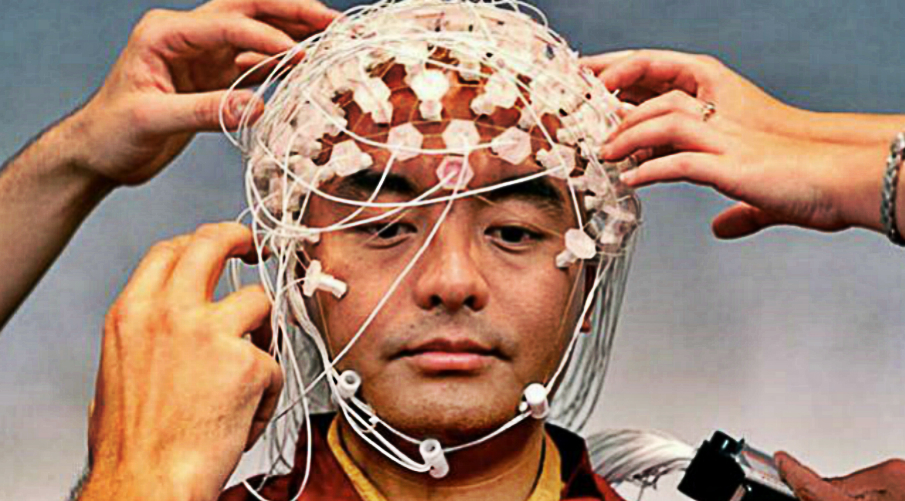Wellbeing is a state of being where you are comfortable and happy with yourself regardless of your circumstances. It is your ability to cope under stressful conditions, yet it can’t be permanent because of the changing aspects of your life.
Even though it can be difficult to maintain such state in tougher times, neuroscientist and founder of the Center for Healthy Minds, Richard J. Davidson states that well being is not a static thing but a set of skills that you can practice and strengthen.
Just like learning to play a musical instrument, you get better at it as you continue to practice.
According to a research you need to consider these four mental tools that are essential to practice a state of Wellbeing.
Davidson explains each of these tools is rooted in neural circuits, and each of these neural circuits exhibits plasticity that gets strengthened with exercise.
4 Mental Tools To Influence Wellbeing:
1. Mental Resilience
Mental Resilience is the ability to quickly recover from the hard knocks of life. It influences the negative emotions, making the person easy to recover from a loss or adversity. Those who are more resilient are individuals with a higher sense of wellbeing.
A regular practice of mindfulness meditation is what Davidson found to be most helpful in improving your mental resilience. Altering the specific circuits in the brain may take time but it’s worth it in the long run.
Have a habit of finding the solution instead of highlighting the problem, looking for the positives instead of magnifying the negative details, and taking action instead of feeling victimized. The essence of mental resilience is to not let emotions affect your reality.
2. Positive Outlook
A positive outlook means being able to see the positive side in people or situation. It’s the ability to savor positive experiences and the ability to see the goodness in another human being.
You can alter your brain’s circuit to a more positive outlook by the simple practices of loving kindness and compassion meditation.
Doing a compassion training for 30 minutes a day for two weeks can change your brain and make you more kind and helpful to others.
3. Mindful Awareness.
Being mindful and keeping your focus on what you’re doing at the moment makes you feel better. It’s only when you allow your mind to wander that stressful feelings show up.
It may not be possible to always stay in the present moment but when you’re able to bring your focus back to the now, you expand your mindfulness and awareness. You create good judgment, you build character, and recharge your will.
Practice mindfulness meditation and being aware of the present moment daily.
4. Practice Generosity.
Generosity is more than extending help to others who need it. It is sharing yourself and your most important resource, which is your time.
Being generous evokes a happy feeling within you. Data show that engaging in generous and altruistic behavior activates the circuits in the brain that foster Wellbeing.
Davidson stresses that your brain is constantly being shaped and neuroplasticity gives you the power to intentionally shape it. Being generous means shaping your mind for more kindness and compassion towards others, creating the same reality for yourself in return.
You can take the responsibility and shape your mind in a way that strengthens the four fundamental constituents of wellbeing.
